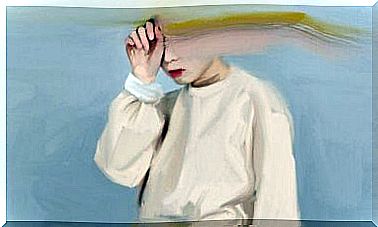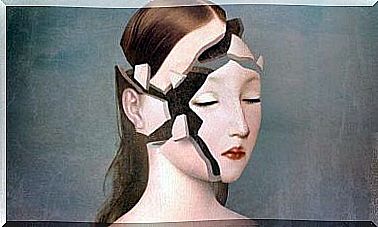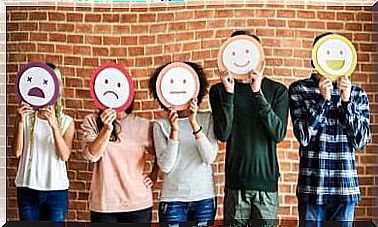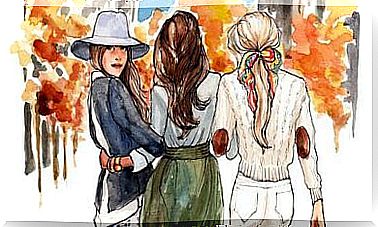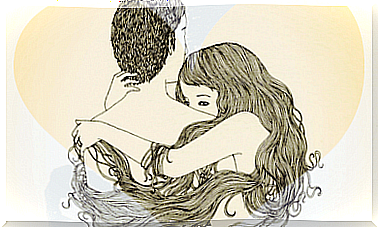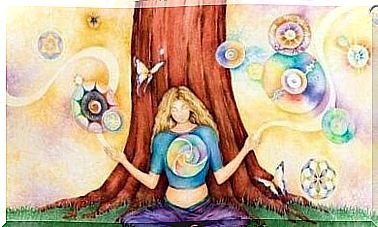Making Comparisons Always Has A Downside
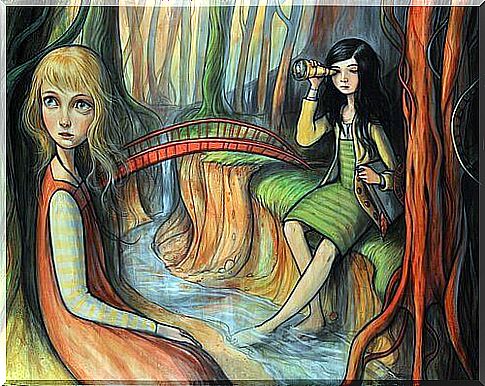
If you really want to be happy, do not fall into the temptation of making comparisons between this present moment and others in the past. In any case, they will be moments that you ironically do not value because you compared them to moments that only existed in your head.
In other words, making comparisons is just making life bitter. There is no more effective way to lose focus than to compare the past with the present.
“I miss the good old days” summarizes the risks we take when making comparisons. According to neurologist and psychiatrist Alan R-Hirsch, we remember the past as a combination of many different cases.
In the process of remembering, negative emotions are toned down. But when we remember, we hold on to positive emotions, thus idealizing the past. The good parts of our past will always beat the present. Precisely because of this bias.
In order to grow, we must write a story with our memories – our story. However, we cannot afford to get caught up in it. What happened to you yesterday may have been wonderful. But it does not matter if you do not continue in the present. Our actions cannot be an attempt to restore the irreparable. Instead, they need to focus on creating new things.
Why do we make comparisons?
According to Festinger’s theory of social comparison, certain characteristics of this particular situation, such as ambiguity, are a significant motivating factor in comparisons. He came to this conclusion by adhering to a principle that governs all social comparisons: Conformity.
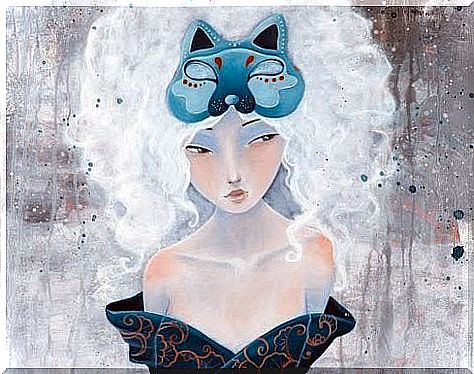
This theory explains how we assess our own opinions and abilities using information we obtain through comparisons with others. Making comparisons thus corresponds to our need to evaluate ourselves.
By doing so when we are in a situation in which we interact with people, we can preserve or confirm our autonomy and identity. We can distinguish ourselves from others. When we feel our identity is being threatened, one of our likely solutions is to differentiate and use comparisons as a scale.
We compare ourselves to others because we need to know our place in the world or in a group. For example, imagine two brothers. One is very nice and the other is not. The other, will likely work in another area, such as sports, to secure his identity, knowing that he cannot stand out in the area that his brother does.
In this way he will be balanced in his comparison with his brother: One is no better than the other; they differ.
Making comparisons only hurts us
Depending on our personal characteristics, we may compare ourselves with others in an upward or downward direction.
When we compare ourselves with others who are on the rise, we analyze comparisons where we are likely to have a disadvantage. On the other hand, in a downward comparison, we analyze characteristics where we have an advantage.
It’s odd: Comparing people who are considered superior makes you even more uncomfortable than how comfortable it is to compare yourself to people who are considered inferior. This may be because we perceive upward comparisons as a threat.
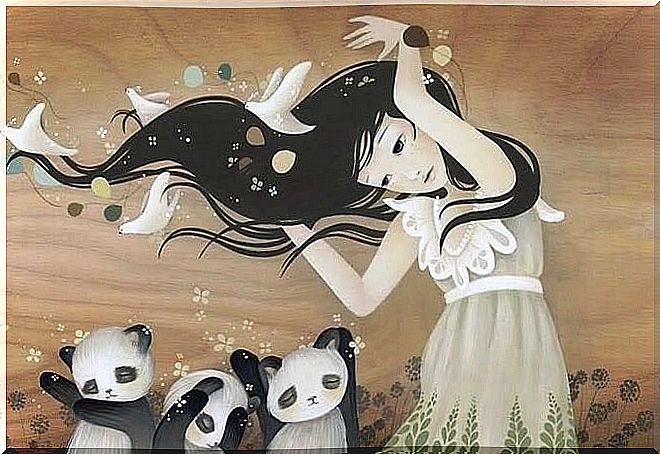
Advertising and marketing use upward comparisons in their ads, which usually generate consumer dissatisfaction. Thus, dissatisfaction makes us more vulnerable to the negative effects of consumer images in the media.
Individuals who make multiple upward comparisons are at greater risk of being affected by e.g. Photoshops ads.
